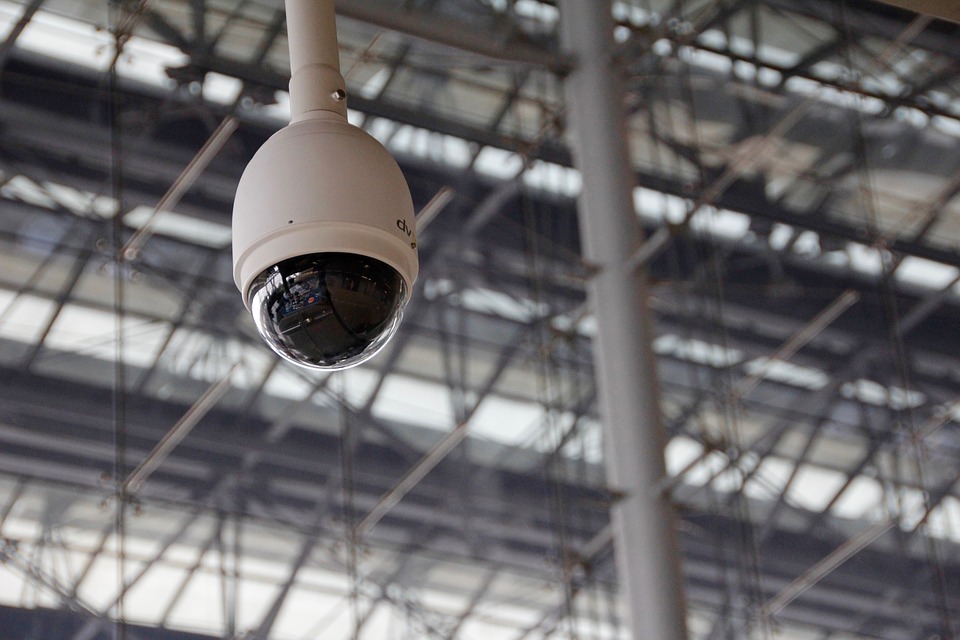
Evonik Digital Research
A joined research project with University Duisburg-Essen

A joined research project with University Duisburg-Essen

The purpose of study II was to re-examine the privacy calculus in order to investigate its applicability within the framework of smart technology usage at the workplace. The potentially ubiquitous data tracking of smart devices on the one hand and the unbalanced power relations between management and employees on the other hand call into question whether the trade-off described in the privacy calculus theory is applicable.
In order to investigate the trade-off of perceived benefits and risks regarding smart technology at the workplace, we employed a 2 x 2 between subjects online experiment (N =679) and examined employees’ acceptance of a multi-stage emergency recognition system, depending on whether the system’s tracking is privacy-invading or privacy-preserving and depending on whether the system is described as highly relevant for safe rescue purposes or not. We hypothesized that trust in the employer, perceived benefits and risks predict acceptance. Moreover, we analyzed the moderating effects of privacy concerns and the value of privacy.
The results show that for employees the data collection ability of a smart emergency recognition system influences acceptance. When the tracking system is privacy-preserving, people will more likely accept its deployment. Moreover, the acceptance is directly affected by trust in the employer and the perceived risks and benefits of the system, whereas the value of privacy moderates the relationship between the tracking and the acceptance of the system. However, no significant effects of the rescue value of the system as well as of privacy concerns were found.
Study II allows to derive conclusions on the necessary preconditions for employees accepting the deployment of smart technology that captures their data at the workplace: in order to raise employees’ acceptance of a smart emergency recognition system their trust in the employer has to be strengthened, e.g., by emphasizing the privacy-preserving approach of the system building on privacy-by-design principles. At the same time, the results emphasize the importance of providing information regarding the planned deployment of the system and of highlighting its benefits.
These findings are of particular interest for Evonik as they provide a way to increase employees’ acceptance of a smart emergency recognition system prior of installing it in order to maintain employees’ commitment and conceivably enforcing their trust in the company. Furthermore, from the results can be derived that the privacy-preserving approach of building an IoT system basing on privacy-by-design principles (e.g., stepwise expansion of collected data) from computer science is well-suited in order to develop a smart system that provides technological benefits, such as an enhanced emergency detection which increases the probability of survival for workers under abnormal circumstances, and at the same time is more likely to be accepted by Evoniks workforce.
In addition, the results implicate the importance of addressing individuals’ trust in the company. By providing sufficient information and emphasizing the effort of the development of a privacy-preserving system basing on privacy-by-design principles, Evonik can reduce uncertainty regarding the purpose of data tracking as well as the way of processing the collected information, thereby enhancing the transparency of the development and the deployment of the smart emergency recognition system.